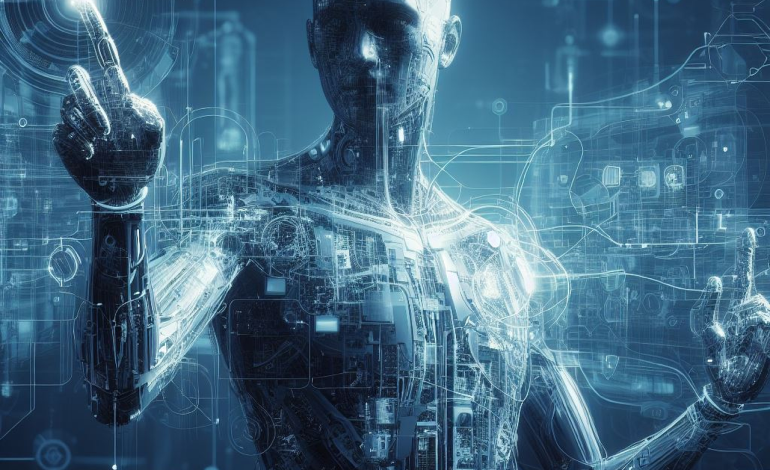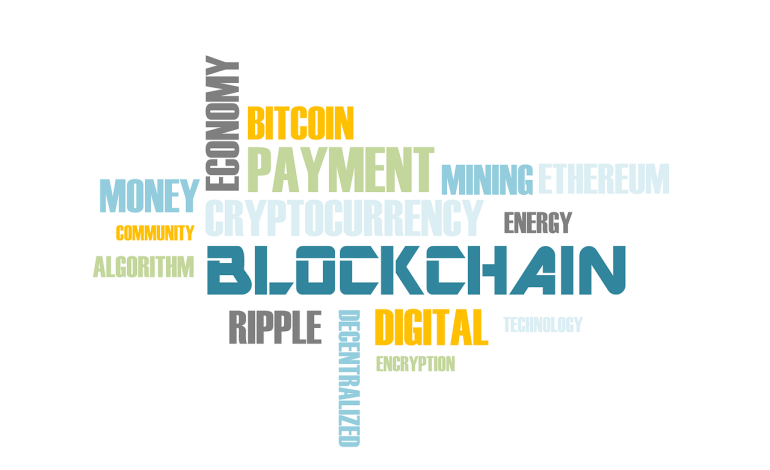
AI and Automation: Revolutionizing the Workforce
IMAGE CREDIT: PIXABAY
In today’s fast-paced digital landscape, AI and automation are no longer futuristic concepts—they’re actively transforming the workplace. Workforce AI technologies have been instrumental in reshaping industries, streamlining operations, and enhancing employee productivity. As we move further into the age of intelligent machines, generative AI and knowledge automation have become powerful tools for businesses to stay competitive. In this article, we’ll explore the revolutionary impact of AI and automation on the workforce, including 8 examples of artificial intelligence in the workplace that are already making waves.
The Rise of AI in the Workplace
AI-driven solutions are helping businesses overcome traditional challenges by automating tedious and repetitive tasks. With capabilities ranging from decision-making support to complex data analysis, AI can streamline almost every facet of a business, allowing employees to focus on more strategic and creative endeavors. This transformation is often referred to as the generative AI revolution, which is shifting how organizations operate and innovate.
But what does this shift look like in real-world scenarios? Let’s dive into 8 examples of artificial intelligence in the workplace that showcase its incredible potential.
8 Examples of Artificial Intelligence in the Workplace
- Customer Service Automation with Chatbots Chatbots powered by AI are now commonplace in customer service departments. These bots can handle inquiries, troubleshoot issues, and offer 24/7 support—allowing companies to improve response times and reduce operational costs. AI chatbots enhance customer satisfaction while freeing up human agents for more complex cases.
- HR Automation: AI-Powered Recruitment Recruitment has become faster and more efficient with AI. Machine learning algorithms can scan resumes, identify top talent, and even conduct initial interviews. This knowledge automation allows HR teams to quickly identify the best candidates, ensuring a smooth hiring process and better talent acquisition.
- Predictive Analytics in Business Operations AI-powered predictive analytics can forecast market trends, customer preferences, and even employee behavior. This helps businesses make informed decisions about product launches, marketing strategies, and workforce management. By leveraging data, organizations can optimize their resources and respond proactively to changes in the market.
- Supply Chain Management with Automation AI is revolutionizing supply chain operations through smart forecasting, demand planning, and inventory management. AI can predict supply chain disruptions and optimize routes for delivery trucks, saving both time and money. Vox automation is a prominent example of this technology, enhancing logistics and inventory management.
- Automated Content Creation AI’s role in content creation is rapidly expanding, with tools that can generate blog posts, social media updates, and even video scripts. These AI systems analyze patterns in existing content and use generative models to create new, relevant material—allowing marketers to scale their efforts and stay ahead of the competition.
- Generative AI for Design and Innovation In industries like fashion, architecture, and graphic design, generative AI is playing a significant role in developing creative assets. AI can analyze market trends, consumer preferences, and past designs to generate fresh concepts, accelerating the design process while ensuring innovation.
- Financial Operations and Fraud Detection AI is increasingly being used in finance to detect fraudulent activity and optimize financial operations. With AI algorithms continuously analyzing transactions for irregularities, companies can prevent fraud before it escalates, saving money and protecting customer data.
- Knowledge Automation for Seamless Workflow Knowledge automation is transforming industries by organizing vast amounts of data and making it accessible for teams to collaborate more efficiently. AI systems can extract key insights from documents, presentations, and other resources, ensuring that employees spend less time searching for information and more time executing strategic tasks.
The Impact of Workforce AI and Automation
The integration of AI into the workforce isn’t just about replacing jobs—it’s about creating new opportunities for growth and innovation. By automating repetitive tasks, employees are freed up to focus on higher-level, creative, and strategic activities that add more value to the organization.
The rise of knowledge automation is especially noteworthy. AI systems can analyze and synthesize vast amounts of data to uncover trends, optimize business processes, and even make real-time decisions. This is a game-changer in industries where quick decision-making is crucial.
However, as we embrace workforce AI, companies must also focus on upskilling their employees. Ensuring workers are equipped to collaborate with AI systems will be key to maintaining a competitive edge. Training programs that integrate AI and automation skills will be essential for a future-ready workforce.
The Future of AI in the Workforce
As AI technology continues to evolve, it’s clear that the workforce will become increasingly dependent on AI and automation tools. The generative AI revolution is just the beginning of a broader transformation that will touch every aspect of business operations. From customer service to HR and beyond, AI-driven solutions will continue to drive efficiency, reduce costs, and enhance creativity.
Knowledge automation will further enable organizations to become more agile and responsive, while workforce AI will continue to act as a catalyst for innovation. For companies that embrace these technologies, the future holds limitless potential.
Conclusion
AI and automation are reshaping the workforce, ushering in an era of increased productivity, innovation, and job satisfaction. As AI continues to evolve, businesses must embrace its capabilities to stay competitive. By automating mundane tasks and empowering employees with advanced AI tools, organizations will be able to focus on what truly matters: growth, creativity, and delivering value to their customers.
The generative AI revolution is already here—it’s time for businesses to harness the power of AI and automation to drive success in the future.
RELATED TOPICS
Blockchain Beyond Cryptocurrency: Revolutionizing Industries – TECH GROWE





